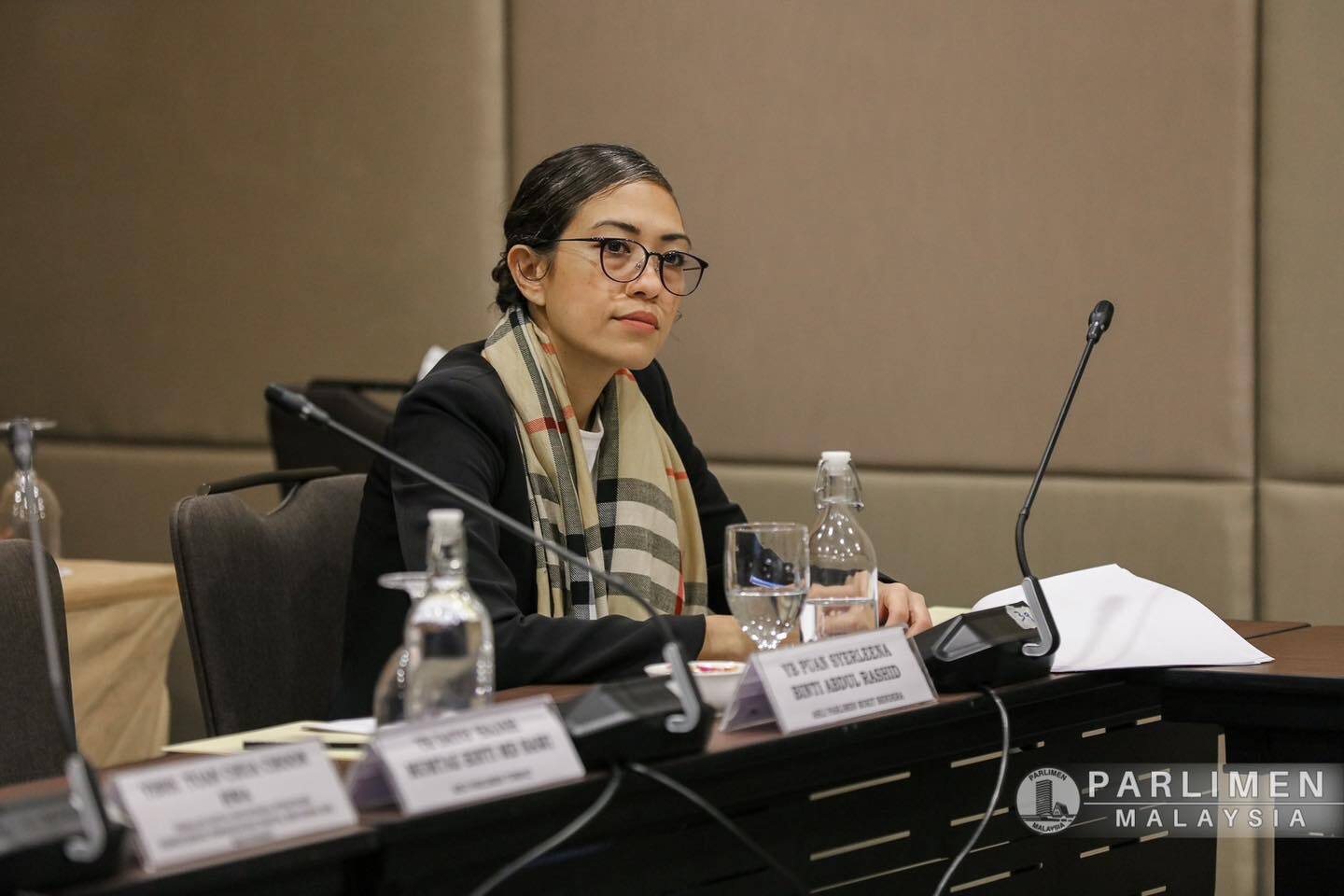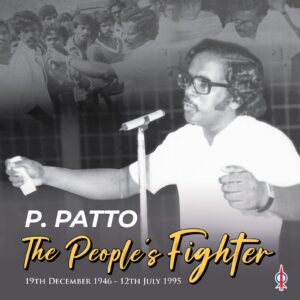
The recent remarks by Perak PAS chief Razman Zakaria have raised significant concerns about the suitability of PAS as a leading political force in Malaysia. His comments about “eyes, skin, and blood like mine” not only reflect a lack of empathy but also underscore a deeper disconnect with the diverse fabric of our nation. Such statements, whether misinterpreted or not, have the potential to sow division and undermine the unity that Malaysians have worked hard to build.
Political leaders bear the crucial responsibility of uniting the people they represent. This requires exercising caution and empathy in their public statements, ensuring that their words foster harmony rather than discord. Razman’s attempt to clarify his remarks by attributing them to media misinterpretation does little to mitigate the impact of his initial statement. It suggests a reluctance to fully acknowledge the weight of his words and their effect on ethnic relations.
Empathetic leadership is essential in a multicultural society like Malaysia. Leaders must be able to put themselves in the shoes of others, understanding and respecting the experiences and feelings of all communities. Without empathy, leaders risk alienating segments of the population, which can lead to social fragmentation and hinder national progress. By demonstrating genuine concern for the well-being of all Malaysians, leaders can build trust and foster a sense of belonging among diverse groups.
Combatting racism is not just a moral imperative but also an economic necessity in today’s increasingly competitive global landscape. Malaysia’s potential for growth and prosperity hinges on its ability to harness the talents and contributions of all its citizens. Racism and discrimination can stifle innovation, limit collaboration, and deter foreign investment. To thrive, Malaysia must promote unity and inclusivity, ensuring that no one is left behind regardless of their religious beliefs, ethnic or cultural background.
This incident is not isolated. PAS has, on multiple occasions, faced criticism for policies and statements that appear exclusionary or insensitive to the multicultural reality of Malaysia.
For instance, some of the party’s ultra-right wing initiatives and heavily patriarchal values have been met with apprehension from various communities who fear marginalization. Additionally, their stance on issues like cultural performances and festivals has sometimes been viewed as dismissive of Malaysia’s rich cultural diversity.
Efforts by PAS to court non-Muslim voters often fall short because actions speak louder than words. Initiatives aimed at inclusivity ring hollow when contradicted by statements and policies that suggest otherwise.
Malaysia’s strength lies in its diversity. For any political party to lead effectively, it must embrace this diversity wholeheartedly, promoting policies that are inclusive and equitable. PAS’s track record raises questions about its ability to fulfil this fundamental requirement. The path forward for Malaysia demands leaders who not only recognize the importance of every ethnic and cultural group but also actively work to ensure that unity and mutual respect are at the forefront of the national agenda.
Malaysians have every right to demand more from our leaders. Empathy, respect, and a commitment to unity are not optional—they are essential qualities for those who wish to guide our nation forward.
In a world that is becoming increasingly competitive, Malaysia cannot afford to be held back by internal divisions. Promoting unity is not just about social harmony; it’s about unlocking the full potential of our nation. When we stand together, celebrating our differences as strengths rather than weaknesses, we pave the way for a brighter future where no one is left behind.
SYERLEENA ABDUL RASHID
MEMBER OF PARLIAMENT FOR BUKIT BENDERA



